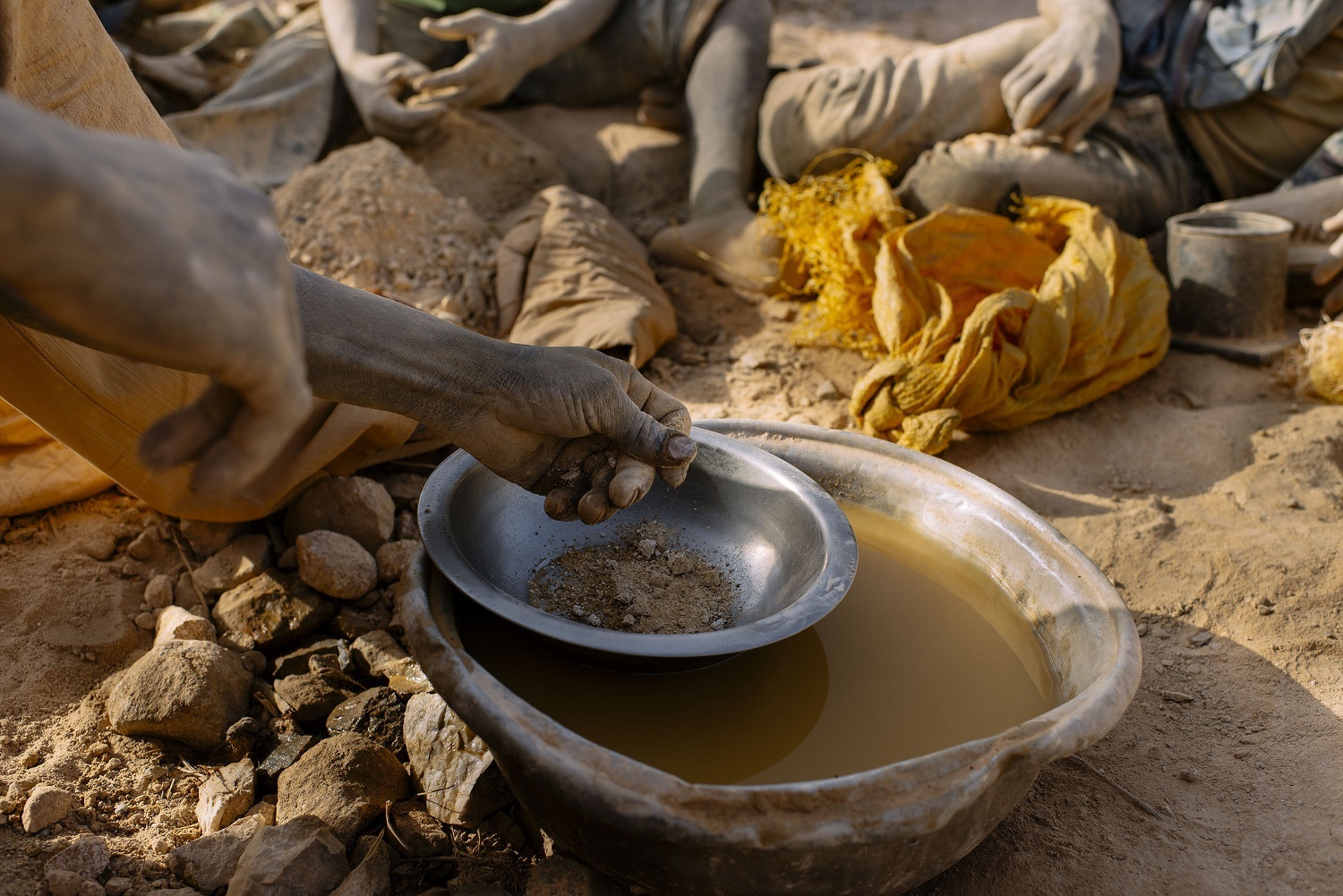
By giving gold revenue back to the Burkinabe and by reducing tax breaks for mining companies in the country, the new mining code in Burkina Faso could secure a brighter and more sustainable future for many generations ahead.
We, Mines Alerte Publish What You Pay Burkina Faso, have been campaigning tirelessly with other CSOs since 2010 for a mining code that truly reflects the interests of Burkina Faso society. The mining industries has the potential to provide significant contributions to the development of our country and by asking for just 1% of the revenues of mining companies, we were confident that our goal was achievable and significant. With the passing of a new mining code on 26 June 2015 by our transitional parliament, our country has taken a giant step forward as the previous 10 percent tax break on mining company profits will be abolished and companies will now be required to pay into local development funds.
Burkina Faso has been Africa’s fourth largest gold producer since 2012, a resource that accounts for roughly 20 percent of the gross domestic product. Mining is crucial to our country’s economy and now ranks above livestock farming and cotton production as a leading export. Gold mining is growing rapidly, with new discoveries every month, and with it comes thirsty investors, new companies and several mergers and acquisitions. With such a rapidly changing sector, it was important to ensure that the interests of the people are included in mining legislation and that good governance was upheld. Until now, the citizens of Burkina Faso haven’t been able to truly reap the fruits of our country’s mining boom. Instead, mining companies have enjoyed tax rates lower than in many of our neighbouring countries and have earned our Public Treasury a whopping 280 million US Dollars in 2014. At the same time, the previous mining code caused valuable public funds to be lost and communities around mining activities have particularly suffered from lack of income-generating opportunities. Burkina Faso suffers from high levels of poverty particularly affecting rural areas where modern infrastructures are still severely lacking. The country ranked 181 on the Human Development Index in 2014, among the ten lowest countries.
Since 2010 we have been asking for a change to ease poverty in Burkina Faso and spur development of key public services and infrastructure.
We wanted to see the best interests of Burkinabe served and the promotion local development enhanced rather than the favouring of mining companies. The mining code needed to more explicitly define the role of mining companies in the protection and development of communities close to mining activities, as well how the government would spend revenues earned from mining taxes.
After much effort and a campaign that brought the support of many NGOs, donors, media and citizens, we were pleased to see that the new mining code in Burkina Faso was adopted. By passing this law, the government has acted in the best interest of the Burkinabe. The 1% from mining companies’ monthly revenue and the 20% from the government’s revenues collected from mining will be invested in regional development funds that will in majority be directed back to the mining communities and nearby communities. Parts of it will also be invested in wider national development. The fund will be overseen by a management committee that will include representatives from civil societies and from the communities directly affected by mining. In addition, the new Mining Code includes the consultation of the populations likely to be affected by mining operations during the exploration phase. This mean that in principle the communities can say no to a new mining activity, a right backed up by the Constitution of Burkina Faso that gives the populations the right of expression through a petition (article 30).
It now remains to be seen how well the new code will be applied and if it will allow a real distribution of gold revenues. It’s one thing to pass the law. It’s another is to implement it effectively. In this regard, the Minister of Mines has been nothing but reassuring and the government has promised to make every effort to ensure that the texts are applied. Despite this, we are still waiting to see details on the implementation of the local mining funds. Our role as civil society is to monitor and assess whether the government keeps its word and if the 1% are successfully redistributed to the people of Burkina Faso.